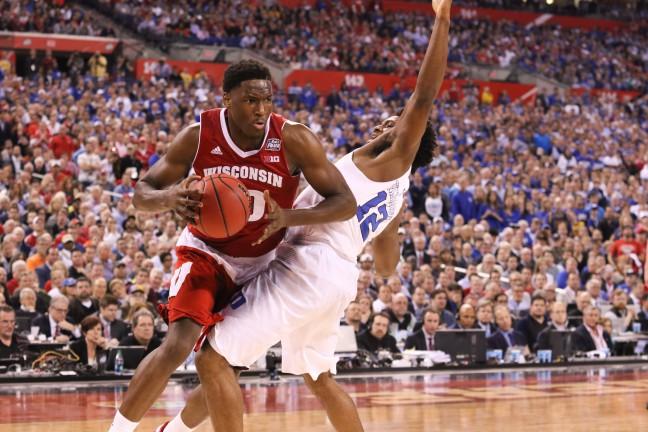Over the summer, the recall election and crime in the downtown area seemed to be at the forefront of news in Madison, but this semester could bring some new developments in the campus, city and across the state.
As for what students can expect in the area of student government, Associated Students of Madison Chair Andrew Bulovsky said a main focus will be the search for the next chancellor at the University of Wisconsin.
“We need to make sure the new chancellor knows shared governance and that the two new students selected to the Search and Screen committee do too,” he said.
Bulovsky said in addition to searching for the next chancellor, student government will also be involved in preparing for the transition to a new dean of the College of Letters and Science.
Over the summer, current Dean Gary Sandefur announced he would be stepping down at the end of this academic year to return to faculty.
Bulovsky said other than those searches and the notice of claim filed to the UW Board of Regents, ASM will also be furthering new campaigns, including one that focuses on mental health awareness and another that focuses on issues of campus safety.
In the realm of city issues, Ald. Scott Resnick, District 8, said in addition to ongoing conversations regarding the fate of the Mifflin Street Block Party, the city will also be continuing to address safety on the UW campus and surrounding area.
“Safety on campus – especially the 600 block – will continue to be at the forefront,” he said.
In particular, Resnick said sexual assault awareness will continue to be pushed as the city talks about different student-related issues.
He added that the increased crime in the 600 block area over the summer is representative of crime cycles that mean different types of crimes happen more in different times of the year.
For example, he said every winter break the city sees an increase in robberies in the Spring Street and Brooks Street areas. With this in mind, he added the city will anticipate other types of crime as the year moves along.
Otherwise, Resnick said he does not foresee any other major developments in the city of Madison other than the city budget.
On the horizon of state news, UW political science professor Barry Burden said Wisconsin will be a swing state in the upcoming presidential election because of Gov. Scott Walker’s win in the June recall election and U.S. Rep. Paul Ryan’s, R-Janesville, vice presidential nomination.
Burden said something to keep an eye on is what happens in early 2013 with the next budget cycle. He pointed out the last budget cycle brought about the protests at the Capitol.
“We do budgets in two-year cycles, and we’re all wondering if the next budget cycle will return to normal Wisconsin politics or if that’s no longer possible,” he said.
Regarding the voter ID law, he said it remains “up in the air” whether it will be implemented by the November elections as court cases are pending.
Also, Burden pointed out new districts in the state means Republicans will likely gain control of both chambers of the state Legislature unless something drastic happens between now and November.
As for bills to watch, he said the only two he can see much development occurring on in the Senate are a venture capital bill and the mining bill.









